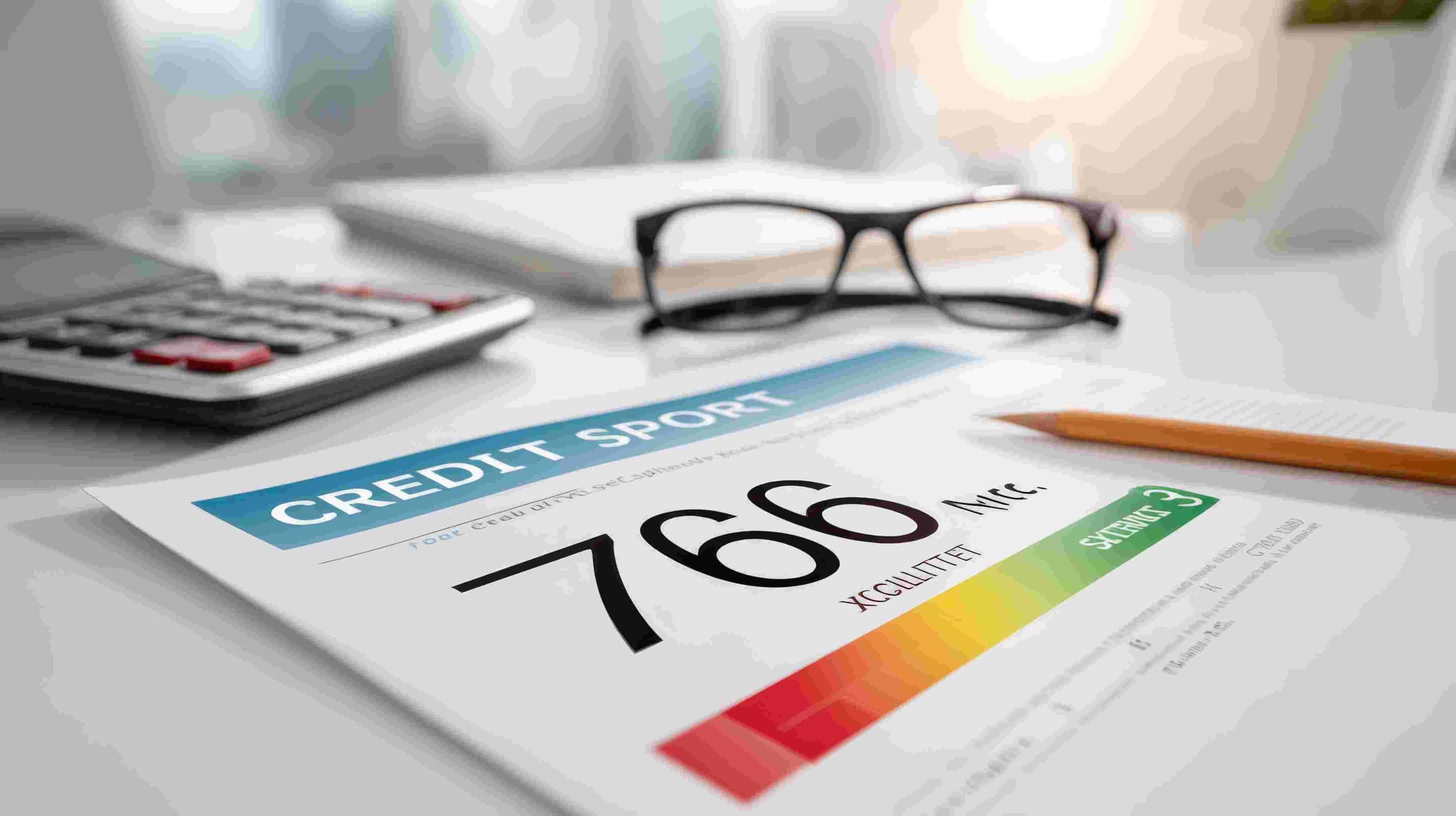When companies borrow money or ask for payment terms, other parties want to know if the business pays on time. That is where a business credit score helps. It is a quick snapshot that lenders, suppliers, and even future partners use to judge how reliable your company is with debt and bills. Think of it like a school grade for your business money habits. Higher numbers usually mean lower risk and better trust.
Overview Of A Business Credit Score
A business credit score shows how your company has handled borrowing and payments over time. It helps outsiders decide if they should lend to you, set bigger purchase limits, or offer longer time to pay. The score can reflect details like how long your company has been open, how many people you employ, what you owe, the age of your accounts, and whether you pay vendors on time.
Different commercial models use different scales. Some range from 0 to 100. Others run from 101 to 992. Certain risk indexes use 1000 to 1610. The exact scale does not matter as much as the basic idea. A higher score means your company looks safer. A lower score means your company looks riskier.
How Scores Are Calculated In Practice
No single model is used everywhere, but most look at similar signals:
- Your track record of paying bills to vendors, lenders, and service providers
- The age of your accounts and how long the business has existed
- Amounts owed compared with your limits on revolving lines
- Public records such as liens or judgments where applicable
- Company size and industry category, which can influence risk trends
Discover the Best Business Cards for You
Because methods differ, two bureaus may show different numbers for the same company. That is normal. What matters is the overall story your reports tell about steady, on-time payments and careful use of credit.
When Business Credit Scores Matter Most
When you apply for a small business loan, reviewers usually look at both your company profile and your personal history to see if you can handle payments and keep steady cash flow. The minimum score you need depends on the provider and the type of funding. Scores also influence everyday business decisions. Vendors and suppliers may rely on them when they set net terms, purchase limits, or early payment discounts.
Manufacturers and distributors sometimes check your profile before shipping inventory on account. Investors and potential partners may read your reports to gauge discipline, payment reliability, and whether any negative public records exist. Altogether, your commercial profile helps other parties decide how much risk they take when they work with you.

How To Look Up Your Company’s Score
You can buy or view commercial credit reports from major business reporting services. Some are paid, while others offer limited free access once your company profile is set up and you provide a standard business identifier. Because features and pricing change over time, review current options before you order.
If you are just getting started, make sure your business can be found and your activity gets recorded by keeping your legal name, address, and contact details consistent everywhere, getting a federal taxpayer number if it applies and using it on applications, opening at least one trade line that reports to a commercial bureau so your on-time payments show up, and checking your file regularly to correct errors and keep your industry code and company size accurate.
Why A Strong Business Score Helps
A strong profile separates your personal and business finances so you can seek capital for the company without leaning on personal accounts, which reduces personal risk and keeps bookkeeping and taxes simpler. It can also make funding easier to access and may qualify you for better pricing, with less chance of being asked for a personal guarantee on smaller lines.
In some cases, insurers consider commercial credit signals when setting premiums, so stable reports can support more favorable rates. Reliable payment history builds trust with vendors too, which can lead to higher purchasing limits, longer net terms, and discounts for paying early, all of which help your cash flow.
Over time, this steady record becomes a real advantage when you negotiate terms or plan for growth.
Explore Top Mastercard Options
Business Credit Versus Personal Credit
Commercial and consumer systems are not the same. Knowing the differences helps you manage both wisely.
| Business Credit | Personal Credit | |
|---|---|---|
| Score Range | Models may use 0 to 100, 101 to 992, or 1000 to 1610. Higher numbers signal lower risk. | Common consumer models use 300 to 850. Higher numbers signal lower risk. |
| Who Can See It | Anyone who pays the fee can usually request a commercial report for due diligence. | Access is limited to approved parties, such as lenders or certain employers, and often needs your consent. |
| What Matters Most | Business payment history, age of accounts, use of limits, public records, company size, and industry category. | Payment history, length of history, use of limits, mix of accounts, new accounts, and inquiries. |
| Main Identifier | Tied to a business taxpayer number or a bureau business ID. | Tied to a personal taxpayer number in consumer systems. |
Ways To Raise Your Business Credit Score
Raising your commercial score starts with simple habits done every month. Pay every bill on time or early, and use calendar reminders or autopay so nothing slips. Choose accounts that report to a commercial bureau so your positive history is recorded, and put planned, budgeted, recurring operating expenses on those accounts to more clearly show consistent, steady use followed by repayment. That pattern signals that you can borrow responsibly and manage cash flow.
Keep an eye on your reports throughout the year so you can spot updates, fix errors, and track changes in your score. Aim to keep balances well below your limits to show prudent utilization, ideally under about 30 percent when cash flow allows. Apply for new accounts only when there is a clear business reason, and retain older, well-managed lines to support the age of your profile.
Strengthen internal controls by setting spending approvals, reconciling monthly, and keeping a cash buffer so a slow period does not turn into a late payment. If you outgrow your limits, request reasonable increases on existing accounts rather than opening several new lines at once.

Build Stronger Business Credit Starting Today
Strong business credit helps you grow with fewer roadblocks. It tells lenders, suppliers, and future partners that your company handles money well. Build that trust by organizing your finances, using the right mix of business accounts, and paying every bill on time. When you consider a new business account or a line of credit, compare fees, rates, reporting practices, and approval criteria, and always verify the latest terms before you proceed. With steady habits and careful use of limits, your business credit can become a real asset when you need funding or better terms.
Find Cards with Great Special Offers
Build Business Credit Faster With Our Free Community And Card Finder Tool
If you want practical help building a stronger profile, come hang out with us in our free TheMilesAcademy community. You can ask questions, share wins, and learn step by step from real examples that other owners have used to improve payment habits, manage utilization, and set up smart recordkeeping. It is friendly, beginner ready, and focused on simple actions you can use right away.
While you are there, try our free card finder tool. Answer a few quick prompts about your goals, and we will point you to options that match common needs like keeping costs low, earning flexible points, or organizing business spending.
Join us today and get the tools, tips, and community support to move your business forward.


